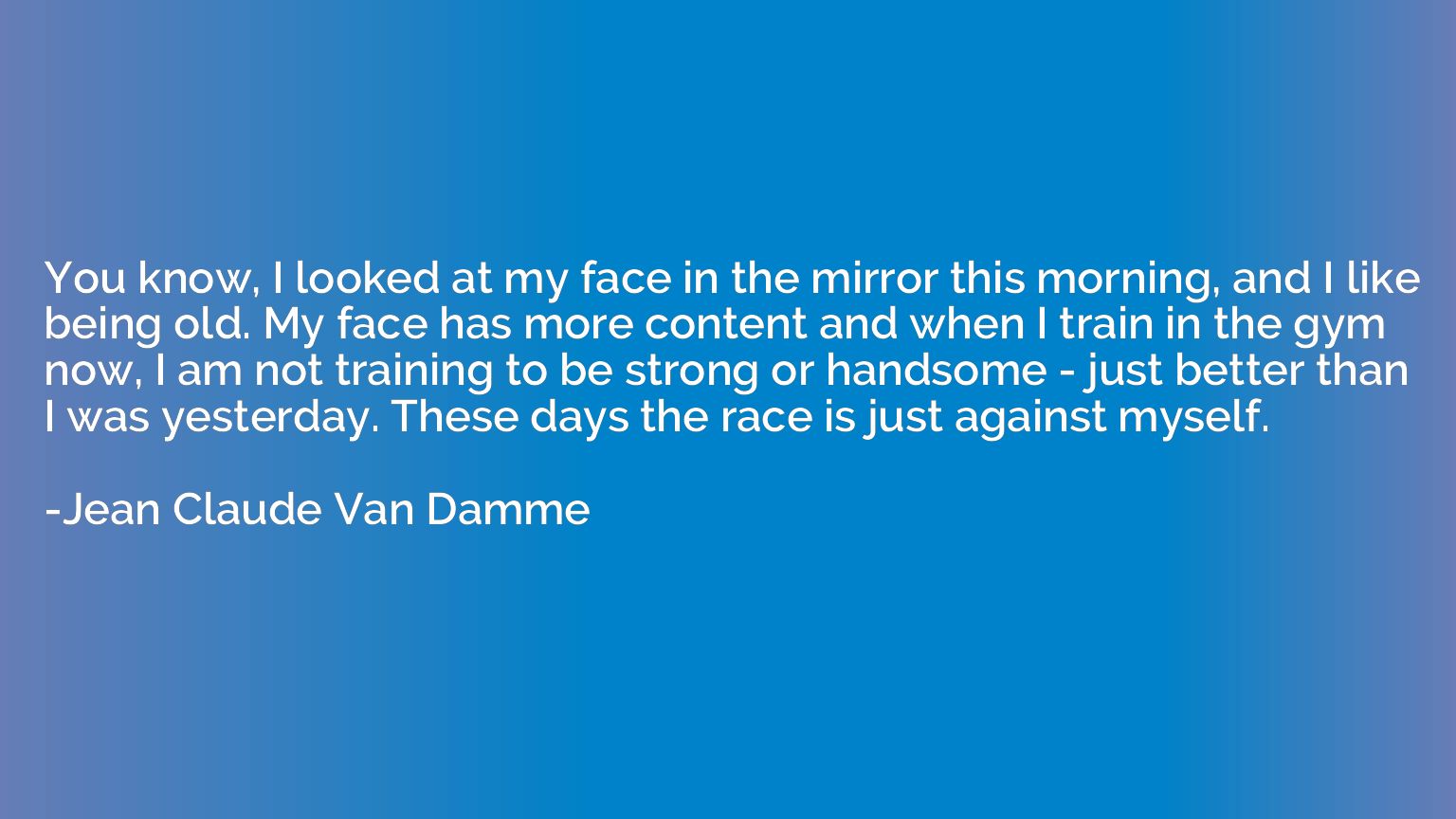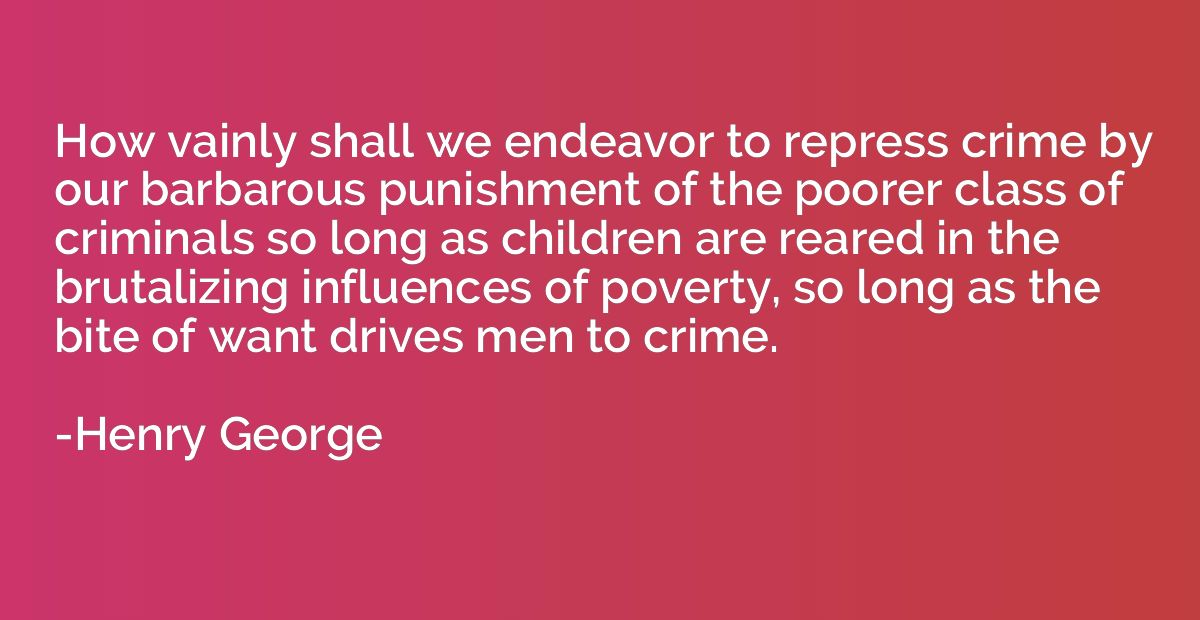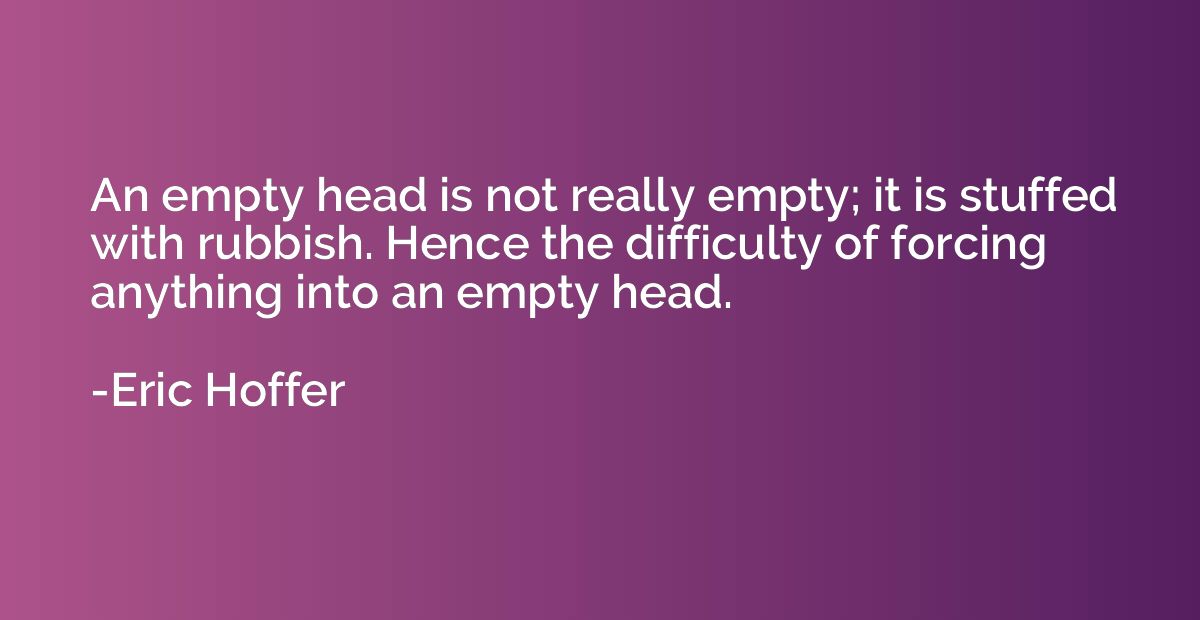Summary
This quote suggests that grief and love are interconnected and that one cannot exist without the other. When we form deep connections and attachments with others, whether it be romantic, platonic, or familial, we open ourselves up to the possibility of experiencing loss and pain when those relationships are broken or disrupted. Grief, therefore, is seen as the natural outcome and consequence of caring deeply for someone or something. It acknowledges that the intensity of our love and the depth of our emotional investment is directly proportional to the pain we feel when we lose it.















